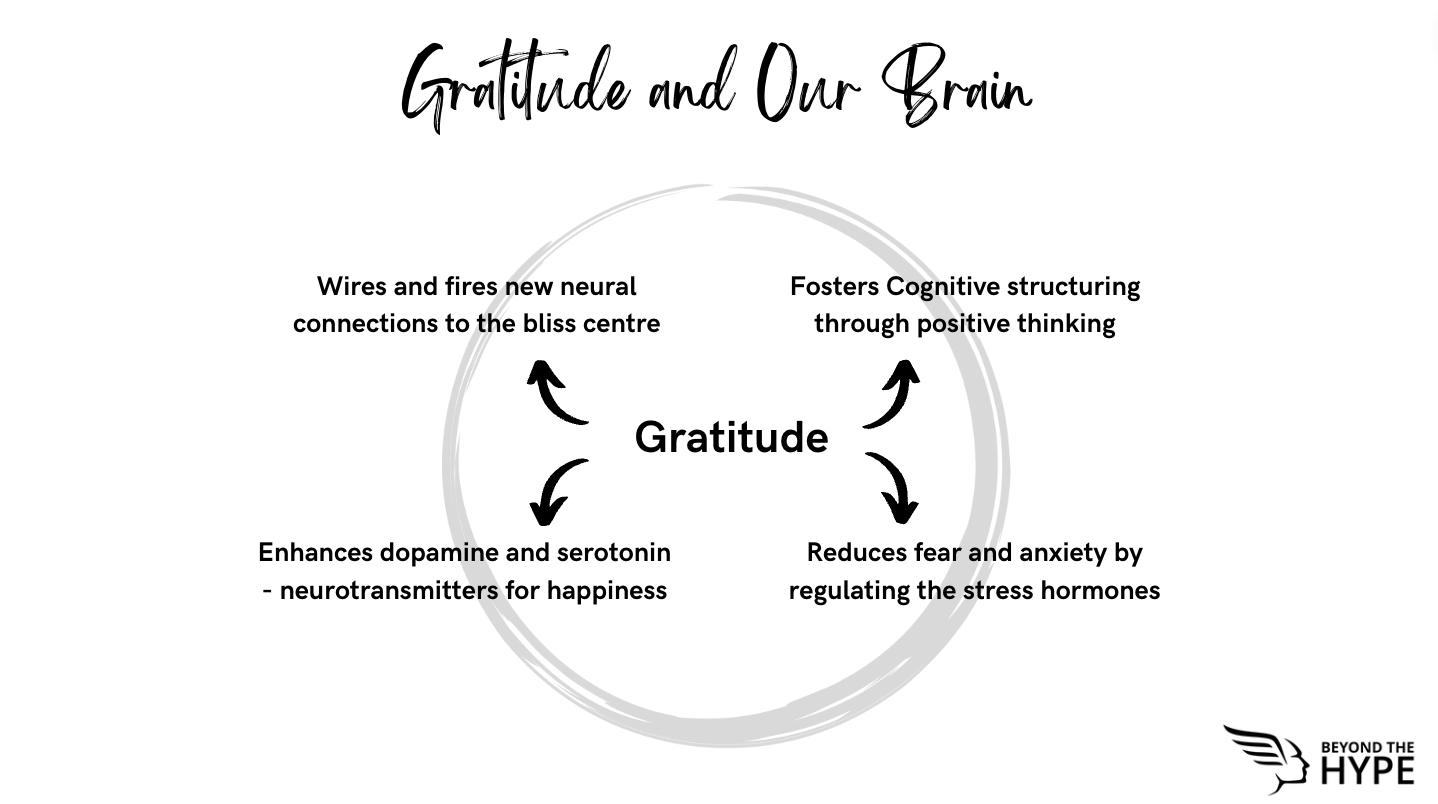Gratitude.
Gratitude is when a memory is stored in your heart and not in your head.

"I would maintain that thanks are the highest form of thought and that gratitude is happiness doubled by wonder." —GK Chesterton
I am alone at Christmas (2022), but as I write, I am not lonely. I am in a good place. Without recounting the disappointments, failures, and passing of this historic year, I have chosen to use my solitude to contemplate and appreciate my blessings. Writing about gratitude felt right.
Gratitude constitutes what philosopher David Hume called a “calm passion.” Sitting in gratitude for so many people, places, and things in 2022, I can fully identify with the calm passion of gratitude. Unlike drama, gratitude doesn’t have the theatrical storytelling effects of anger, hatred, or courage and sacrifice. Nonetheless, for millennia gratitude has been central to the good life and an excellent moral society by all major religions and by thinkers stretching back to Cicero, who said, “Gratitude is not only the greatest of virtues but the parent of all others.”
Gratitude is not a technique or tool but a complex and highly refined moral disposition. Jean Massieu defined gratitude as ‘the memory of the heart’ while George Simmel suggested being grateful is ‘the moral memory of mankind.’
Being grateful transcends time by being energized by past, present, and future benefits. Gratitude for future benefits promotes optimism, and optimism fosters faith. And a faith as small as a mustard seed can move mountains. Western and Eastern religious traditions emphasize gratitude in every situation. In most Christian traditions, the rite of Holy Communion or Eucharist—a term which derives from ‘eucharistia,’ which is Greek for ‘thanksgiving.’ Martin Luther spoke of gratitude as ‘the basic Christian attitude.’
Further, gratitude pays homage to something outside of us. It enables us to be connected with something larger than ourselves that is fundamentally good and reassuring. It opens our eyes to the miracles and magic of everyday life. It gives us something to marvel at, revel in, and celebrate. Gratitude juices our daily lives, forcing us to pay attention to positive outcomes rather than ignore or take them for granted. Gratitude encourages and heightens life-enhancing states such as joy, peace, passion, enthusiasm, and empathy. Additionally, gratitude pushes back against painful emotions such as anxiety, heartbreak, loneliness, regret, and envy.
Gratitude opens us up to a bigger and better perspective, shifting our focus from what we lack or strive for to what we already have. To fully internalize all the blessings that we have been given. By turning us to the outside, gratitude enables us to live not merely for ourselves but for others and for a greater purpose.
Recent studies have linked gratitude with increased satisfaction, motivation, and energy; better sleep and health; and reduced stress and sadness. Grateful people are much more engaged with stronger feelings of purpose, meaning, and transformation.
Also importantly, gratitude connects people into a mutually supportive and sustaining mesh of social relationships. Gratitude is the foundation of a society where people can look after one another without coercion, incentives, or governmental interference. Leading with gratitude, we become angels of our better nature.
Without gratitude, William F. Buckley Jr. wrote, “We are left with the numbing, benumbing thought that we owe nothing to Plato and Aristotle, nothing to the prophets who wrote the Bible, nothing to the generations who fought for freedoms activated in the Bill of Rights.” Buckley called for “a rebirth of gratitude for those who have cared for us, living and, mostly, dead. The high moments of our way of life are their gifts to us.”
Gratitude is a powerful human emotion. By conveying and receiving simple ‘thank you’ messages, we can genuinely derive the pleasure we seek everywhere else. Gratitude, derived from the Latin word ‘gratia,’ means gratefulness or thankfulness. In its simplest form, gratitude refers to a ‘state of thankfulness’ or being grateful.’
Neural mechanisms responsible for feelings of gratitude have grabbed the researcher's attention.1 Studies have demonstrated that at the brain level, moral judgments involving feelings of gratefulness are evoked in the right anterior temporal cortex.2
People who express and feel gratitude have a higher volume of gray matter in the right inferior temporal gyrus.3
Emily Fletcher, the founder of Ziva, a well-known meditation training site, called gratitude a ‘natural antidepressant.’ The effects of gratitude, when practiced daily, rise to the level of medication. It fuels our levels of long-lasting happiness and contentment, the physiological basis of which lies in our neurotransmitters.

When we express gratitude and receive the same, our brain releases dopamine and serotonin, the two crucial neurotransmitters responsible for our "feel good" emotions. They enhance our mood immediately, making us feel happy from the inside.
The easiest way to get into the gratitude mindset is to keep a journal where we write about all the people and things that have triggered our gratefulness.
- Commit to daily practice.
- Be consistent in the morning or night about recording our observations.
- Recall and recollect the good things that happened to us in the past.
- When journalizing, be as detailed as possible. Record every little thing associated with the person or the incident that triggered our gratitude.
- Make journaling more of an experience rather than just a daily practice.
Daily journaling can help us fight through the most challenging times, likely to result in depression, anxiety, and burnout. Creating the journaling habit is very emotionally cathartic reducing stress, improving immune function, keeping our memory sharp, boosting mood and strengthening overall emotional function.4
By practicing gratitude every day with intention, we can structure and strengthen our neural pathways to ultimately create a permanently grateful and positive nature within ourselves. If fully internalized and normalized, gratitude becomes our state of mind, not just a holiday season.
“Gratitude makes sense of our past, brings peace for today, and creates a vision for tomorrow.” --Melody Beattle
Until next time. Travel safe and Merry Christmas.
Endnotes:
1) Wood, A. M., Maltby, J., Stewart, N., Linley, P. A., & Joseph, S. (2008). A social-cognitive model of trait and state levels of gratitude. Emotion, 8(2), 281-290.
2) Zahn, R., Moll, J., Iyengar, V., Huey, E. D., Tierney, M., Krueger, F., & Grafman, J. (2009). Social conceptual impairments in frontotemporal lobar degeneration with right anterior temporal hypometabolism. Brain, 132(3), 604-616.
3) Zahn, R., Garrido, G., Moll, J., & Grafman, J. (2014). Individual differences in posterior cortical volume correlate with proneness to pride and gratitude. Social Cognitive and Affective Neuroscience, 9(11), 1676-1683.
4) Dibdin Emma, The Mental Health Benefits of Journaling (2022) PsychCenter.com

